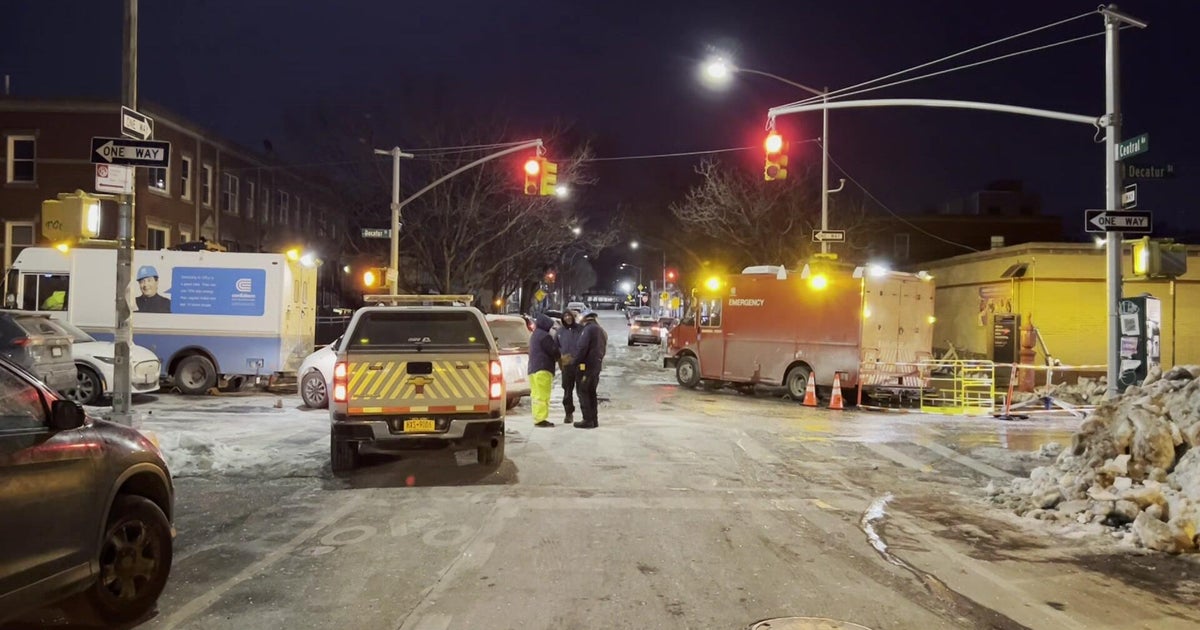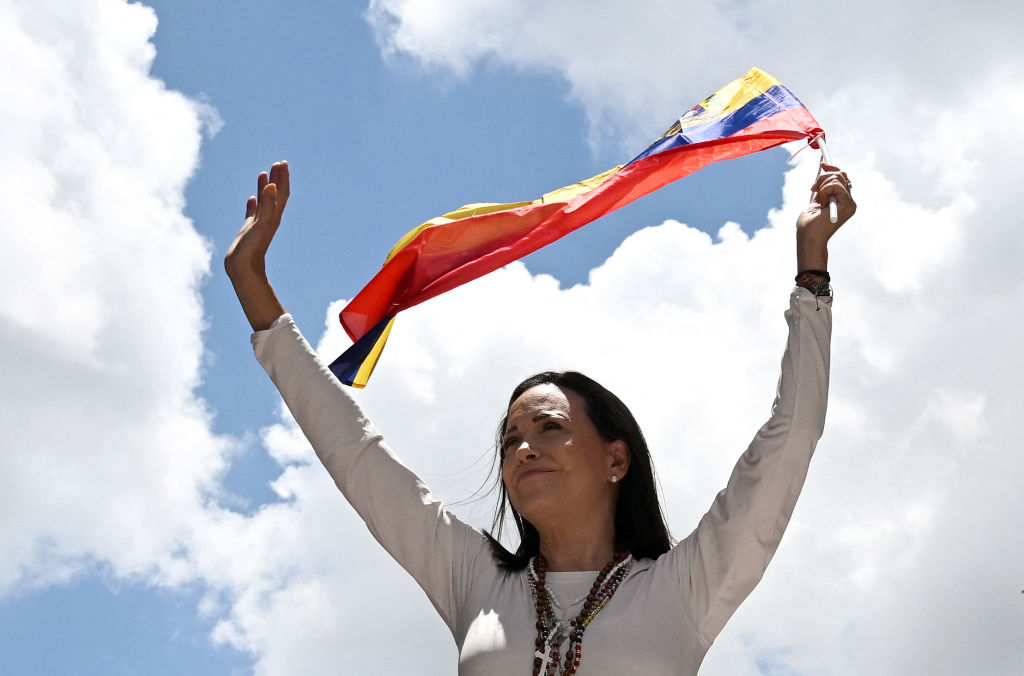Cambodia's Hun Sen, one of world's longest-serving leaders, to step down after 4 decades in power
Cambodian Prime Minister Hun Sen, one of the world's longest-serving leaders, said Wednesday he will resign and hand power to his eldest son after almost four decades of hardline rule.
The former Khmer Rouge cadre has run the kingdom since 1985, eliminating all opposition to his power, with rival parties banned, challengers forced to flee and freedom of expression stifled.
His Cambodian People's Party (CPP) won a landslide victory in an election on Sunday with no meaningful opposition, taking 82 percent of the vote, paving the way for a dynastic succession to his son that some critics have compared with North Korea.
"I would like to ask for understanding from the people as I announce that I will not continue as prime minister," the 70-year-old said in a special broadcast on state television.
Election authorities disqualified the only serious challenger, the Candlelight Party, on a technicality in advance of the election, and the CPP is expected to win all but five lower house seats.
The government hailed the 84.6 percent voter turnout as evidence of the country's "democratic maturity" but Western powers, including the United States and the European Union, condemned the election as neither free nor fair.
The UN's human rights chief, Volker Turk, added his criticism on Wednesday, saying opposition parties and media had faced "restrictions and reprisals" aimed at hindering free elections.
Hun Sen's son, Hun Manet, a 45-year-old four-star general, will take over as prime minister at the head of a new government on the evening of August 22.
"I ask people to support Hun Manet who will be the new prime minister," Hun Sen said, adding that he was stepping down now to ensure a smooth handover of power.
Sam Rainsy, an opposition leader who lives in exile to avoid charges he says are politically motivated, condemned the handover.
"It is Hun Sen's game... which is the murder of democracy in Cambodia," he said in a Facebook video. "We must absolutely oppose it."
Hun Sen has trailed the handover to his son for a year and a half, and the 45-year-old played a leading role in campaigning for Sunday's vote.
But the outgoing leader has made it clear that he still intends to wield influence, even after he steps down, scotching the notion the country could change direction.
While insisting he would not interfere with his son's rule, Hun Sen said he would help him to "control security, order and take part in the further development of the country".
After stepping down as PM, he will become president of the senate and act as head of state when the king is overseas, he said.
Sebastian Strangio, author of "Hun Sen's Cambodia", told AFP the father "will undoubtedly exercise a huge influence over the direction of his son's administration".
"Lacking his father's power and authority, Manet will have limited freedom of maneuver, and his actions as leader will most likely be dictated by the requirements of the political system, rather than the other way around," he said.
Under Hun Sen, Cambodia has tacked close to Beijing, benefiting from huge Chinese investment and infrastructure projects, including the redevelopment of a naval base that has alarmed Washington.
China welcomed Sunday's election, with President Xi Jinping sending Hun Sen a personal message of congratulations.
But the flood of Chinese money has brought problems, including a rash of casinos and online scam operations staffed by foreign workers, many trafficked and toiling in appalling conditions.
Critics say his rule has also been marked by environmental destruction and entrenched graft.
Cambodia ranks 150th out of 180 in Transparency International's corruption perception index. In Asia, only Myanmar and North Korea rank lower.
Rights groups accuse Hun Sen of using the legal system to crush any opposition to his rule, including critical activists and troublesome union leaders, as well as politicians.
Scores of opposition politicians have been convicted and jailed during his time in power and the law was changed ahead of Sunday's election to make it illegal to call for voters to spoil ballots.
Five days before polling day, authorities banned Sam Rainsy from running for office for 25 years for urging people to void their ballot papers.
Opposition leader Kem Sokha was convicted of treason in March and sentenced to 27 years in prison over an alleged plot to topple Hun Sen's government. He is currently serving his sentence under house arrest.





